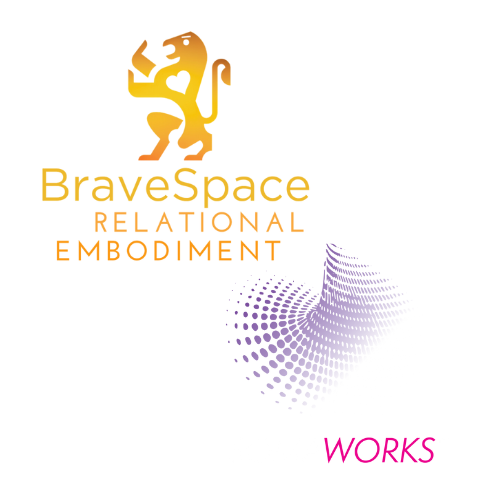We are never broken.
There are times in our lives when we feel broken. Sometimes trauma is directly physical: A fractured bone, sprained ligament, torn muscle, or a slipped disk are all examples of physical trauma that might make us feel broken. Sometimes the feeling of being broken is more psychological or spiritual: We might find our curiosity or motivation missing, have a ‘broken heart,’ or feel anxiety that scatters focus and clarity. There is a strong desire to be fixed. As living beings we can be injured, traumatized, hurt, afraid, and even killed, but we can’t be broken. When we observe and analyze a machine we can perceive how and why it works. If a machine ceases to work as expected then we consider it broken. Then, we attempt to fix it. In the case of living beings such as ourselves the situation is more complex: For all of our scientific observation and analysis we don’t really know why we’re alive. We have ideas about parts of it, but we have to resort to the feeling (and dare I say faith) that we are alive. We’re self-organizing creative systems, and in the long run it seems possible to me that we can’t and won’t even know how or why we really exist. That’s sometimes called the ‘great mystery,’ right? It might even be more accurate to say that we are expressions of life than functions of it—this statement takes a step beyond whether we ‘work’ right at all. So, if we don’t know what our true function is, and we notice that we’re still alive, how could we possibly be broken?
The integrity of our physical, spiritual, or emotional expression can definitely sustain trauma. When this happens, we begin to heal. Our nature as self-organizing systems is that we find ways to keep on living using whatever means necessary. As we heal we may generate scars, take on a limp, or respond to things differently than we used to. We also may go looking for a way to be fixed—this too is part of the healing impulse. The irony is that because we can’t be broken, we can’t be fixed. Surgery may be an option to restore some function, but it also comes at a great cost because it is yet another trauma to a very complex and self-organizing system. The results of surgery are never guaranteed, and often come with side effects that we ignore in the face of wanting to be fixed. That said, I have seen times surgery has helped people immensely. I am alive because of surgery I had when I was born, and I’ve spent my life healing from it. Surgery or no, we will never be who we were yesterday, and when it comes down to it we don’t want to be: Yesterday set up how we got hurt in the first place.
Awareness is its own medicine. In awareness we interact with our own patterns as both the observer and the observed. As a movement therapist I see daily how much our physical (and psychological) patterns repeat in every movement we make. We get hurt because there’s always a weakest link in our imperfect beings; there’s always a part that ‘breaks’ first. We are all going to die. Yet, as living and self-organizing systems we can utilize our imperfect experience of vitality as edges for growth and healing. We may not even need to do anything except to stop doing what we’ve been doing and notice what’s going on. This is the basis of many somatic movement and healing techniques. Injuries and pain force us to stop, even when we don’t want to. By acknowledging that we can’t be broken even when we’re in pain and feeling broken, we have the opportunity to perceive and interact with the deeper patterns by which we became injured in the first place. We can allow ourselves to be afraid for a while without panic. We can participate in our healing as a practice, and just like with our breath, we aren’t entirely in charge of it.


0 comments